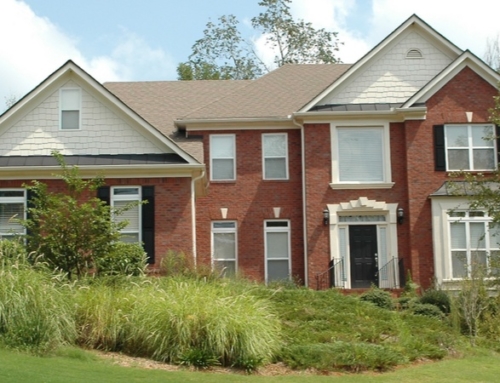Q: I inherited lakefront property valued at $150,000 dollars. My cost basis is zero.
I’d like to know if I sell the lakefront property and purchase another property with the proceeds and sell it for a similar amount, how much I will owe in taxes.
A: My first question to you is when did you inherit this property? If you inherited the property and the estate valued it at $150,000, and you now sell it for $150,000, you shouldn’t owe any tax whatsoever, other than possibly transfer stamps or local sales tax.
If the property has appreciated since you inherited it (let’s say it’s now worth $175,000) and you owned it for more than one year, then you’d owe capital gains tax of up to 15 percent plus state tax on the difference between the value of the property on the day you inherited it and the value of the property on the day you sold it.
If you inherited the property years ago when it was virtually worthless, and now it is worth $150,000, you’d owe capital gains tax plus state tax on your profits unless this home is your primary residence and you lived in it for 2 out of the last 5 years. If it was your primary residence and you lived there for the required time, you would pay no tax on the first $250,000 of profit ($500,000 if you are married).
If this is property that is now an investment for you, and you have profits, you may be able to defer those profits by using a 1031 tax-free exchange. A 1031 tax free exchange is a provision in the tax code that allows people to defer the payment of taxes on the sale of investment real estate. You will be required to sell your property and buy a replacement investment property that costs at least as much as the property you’re selling. There are other rules to consider and you need to follow these rules carefully.
If you decide to go the 1031 route, make sure you work with a competent “Qualified Intermediary” that can help you navigate the many rules associated with this kind of exchange. You should also make sure the intermediary is a reputable company that has been around for a while. You should also investigate how your funds will be secure while they your money until you buy a replacement property.
Please talk to your accountant or estate attorney for more details and other options.
Published: Apr 19, 2007






Leave A Comment